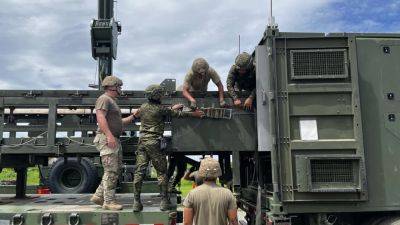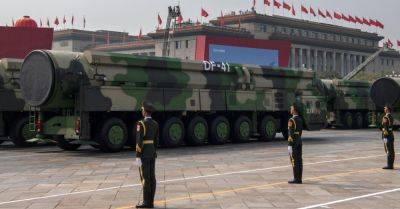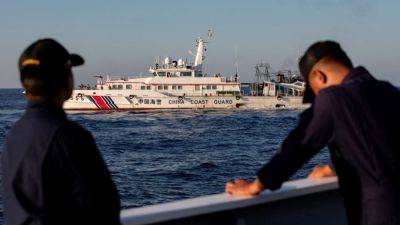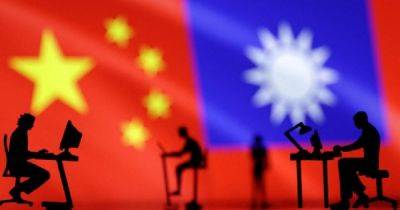China Says It Will ‘Gradually’ Resume Imports of Japanese Seafood
China said on Friday that it would gradually resume imports of seafood from Japan, a year after banning them in response to Japan’s release of treated radioactive water from the crippled Fukushima Daiichi nuclear plant into the ocean.
The announcement came after the countries reached an agreement to expand monitoring of the treated water, which Japan began discharging in August of last year. The Japanese government and Tokyo Electric Power Company, which operated the Fukushima plant and is overseeing its cleanup, have assured the public that the water is safe for human consumption.
China was the most outspoken of several Asia-Pacific countries that objected to the release of the water, citing fears that it could contaminate seafood, though most scientists have dismissed such concerns. The water had been used to cool the nuclear fuel rods destroyed in 2011 when the Fukushima plant, on Japan’s east coast, melted down after a devastating earthquake and tsunami.
Tepco, as the power company is known, has said that it runs the water through a treatment plant to remove most of the radioactive material from it, and that what remains does not exceed international safety standards.
But Beijing has continued to refer to it as “nuclear-contaminated water,” doing so again in its statement on Friday. It has spread disinformation about the safety of the discharge, stoking fear, anger and anti-Japanese sentiment.
On Friday, the two countries announced that they had agreed to expanded monitoring of the treated wastewater under guidelines set by the International Atomic Energy Agency, with the participation of experts from countries including China.







